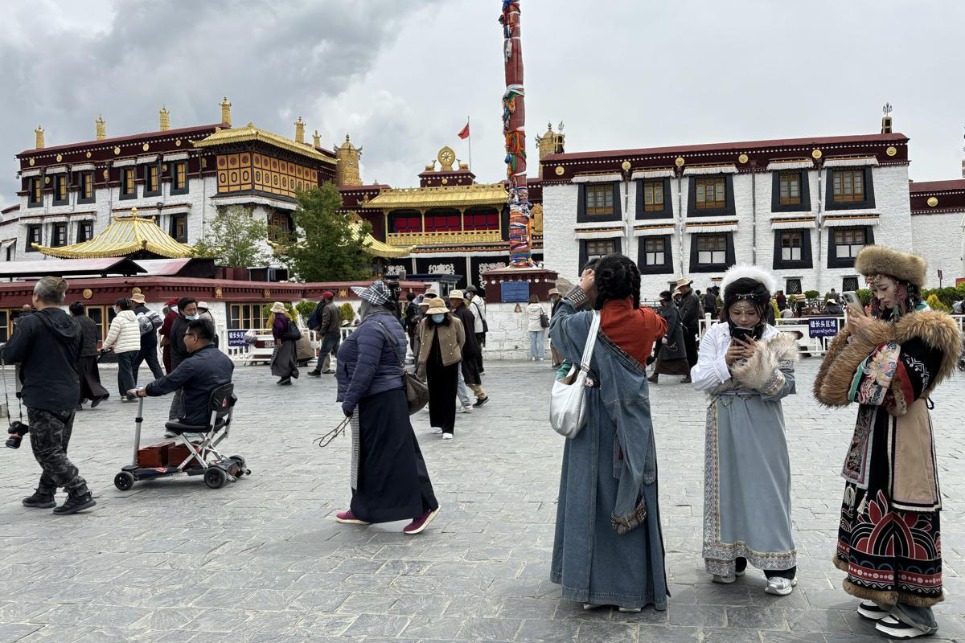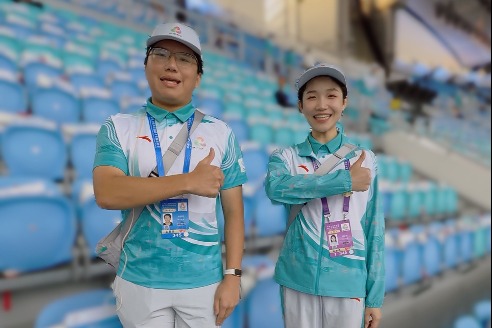Chinese, Israeli scientists develop new approach to make large-scale genetic editing

JERUSALEM -- Israeli and Chinese scientists have developed a new gene-editing technology to edit large families of genes in plants, improving the scale and efficiency of the current CRISPR method, Tel Aviv University (TAU) said in a statement on Monday.
The CRISPR methods were limited in the number of genes that could be edited and struggled with a problem called "genetic redundancy," where similar genes compensate for one another.
Researchers from TAU, the University of Chinese Academy of Sciences, and the Israeli agri-tech company NetaGenomiX designed an algorithm that builds CRISPR "libraries," which can target thousands of related genes.
They created 15,000 unique CRISPR units and used them to edit genes in over 1,300 tomato plants, and tracked how the genetic changes affected traits such as sweetness, shape, and disease resistance.
The results, published in the journal Nature Communications, showed that some edited plants produced fruits with higher or lower sugar levels than normal. It also showed success in changing tomatoes' taste, shape, size, and resistance to disease.
The researchers said that they are working to apply the method to other important crops, including rice, noting that the new approach may help develop better and more resilient crop varieties to meet the challenges of climate change and global food demand.
- Chinese scholar honored with Russia's 'Labors Reward' medal at Kremlin
- Section of national highway collapses in Sichuan
- Exhibition highlights historical and cultural roots of Guangdong, Hong Kong, Macao
- China showcases latest advances in metrology at Hunan exhibition
- New research by Nankai University offers hope to women affected by infertility
- Cultivation in Yunnan paves the way for 'durian freedom'





































